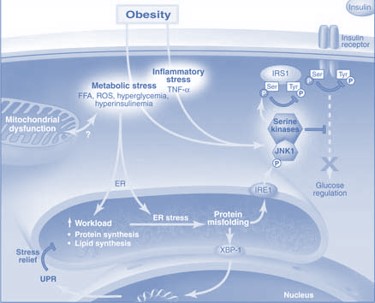Knee Replacement Complications: Are Your Cells Getting Hammered?
Known Knee Replacement Complications
Knee replacement complications have been featured in many clinical studies lately. I’ve blogged before about a huge increase in heart attacks in the ensuing weeks after a knee replacement. At least one large European registry has seen a significant increase in cancer rates in patients with a knee replacement-possibly due to the wear particles coming off the prostheses with normal wear and tear. Finally, the results of the procedure are not nearly as good as most patients believe. However, is there a new risk to your muscle cells?
The Newest of the Knee Replacement Complications…Muscle
The surgery commonly uses a tourniquet to cut off the blood supply to the knee. This is because the procedure is the amputation of an existing joint and insertion of an artificial one. The doctor must saw out the joint above and below, so the bleeding can be massive-hence the tourniquet. A recent study looked at stress on the cells in the muscle as a result of cutting off the blood flow for extended periods of time. They focused on the Endoplasmic Reticulum (ER), essentially the factory inside the cell that produces the chemicals (proteins) of life. There’s been many studies lately on how different types of stress (including lack of oxygen and insulin resistance of the type seen in American metabolic syndromes (big belly, hypertension, high triglycerides)), can lead to unfolded proteins. Basically, the factory workers in the ER protein factory inside the cell get too stressed and tired and don’t fully assemble these important proteins that keep the cell healthy. How did the ER protein factory fare in this study? Not well. There were substantial impacts on the ER as a result of the tourniquet, which made bad proteins. The same authors have also investigated other aspects of cell injury with knee replacement. In an earlier study, they examined these bad proteins caused by the surgery and hypothesized that this muscle cell injury is why we see significant muscle loss in the first two weeks after knee replacement (i.e. the muscle dies off). An even earlier study had the same conclusions.
What You Can Do
The upshot? Muscle cells are likely be hurt by the tourniquet during knee replacement and this likely leads to death of muscle and loss of strength. Some patients can get this back, but some patients never regain full strength after a knee replacement surgery. Is there an answer? The authors have tested a nutritional supplement approach in a small study to replenish these damaged proteins. They supplemented essential amino acids in knee replacement patients and this did seem to reduce muscle loss. So while we’re not big knee replacement fans, instead preferring biologic options like platelet rich plasma and stem cells, if you must have a knee replacement, you may want to consider finding an essential amino acid supplement! There are many to choose from at this Google search link.

NOTE: This blog post provides general information to help the reader better understand regenerative medicine, musculoskeletal health, and related subjects. All content provided in this blog, website, or any linked materials, including text, graphics, images, patient profiles, outcomes, and information, are not intended and should not be considered or used as a substitute for medical advice, diagnosis, or treatment. Please always consult with a professional and certified healthcare provider to discuss if a treatment is right for you.

